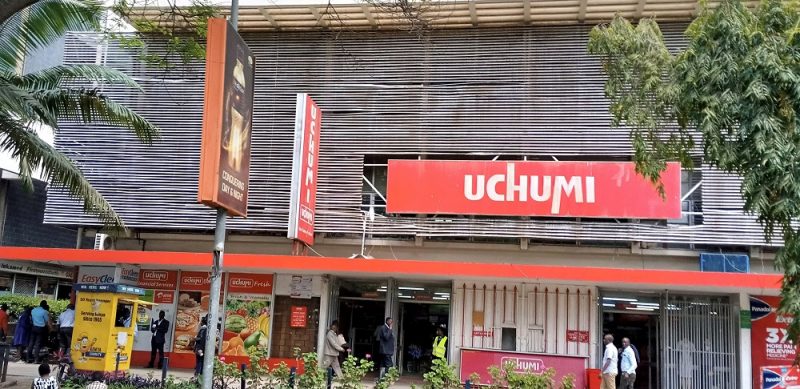This content has been archived. It may no longer be relevant
Listed Kenyan retailer Uchumi Supermarket has rallied the support of its creditors to take a 70 percent cut on the struggling retailer’s Ksh3.6 billion debt.
Secured creditors that include banks voted 75 per cent in favour against 25 per cent descending, while unsecured creditors (suppliers) voted 54 per cent to nay’s
46 per cent.
This means, first, the retailer will not be liquidated and that the creditors will have representation in its decision-making team in the Company’s Voluntary Agreement (CVA). Company Voluntary Arrangements were also introduced in Kenyan law by the Insolvency Act, No. 18 of 2015.
READ:
This arrangement is entered into when a company is insolvent and the directors, administrator or liquidator as the case may be, make a proposal to the company’s shareholders and its creditors on the best way to save the company from liquidation.
Mohamed Mohamed chief executive Uchumi Supermarket said the Monday decision from their creditors, “Is a turning point for us. It shows the level of confidence in both secured and unsecured creditors.”
The retailer also said it is close to completing the sale of its KSh2.8 billion land in Kasarani to shore up its flagging operations as well as clear some debts.
“The disposal of that asset is not sufficient to clear all the debts; that is why we went into this CVA to agree on how the debt can be restructured,” he said.
Uchumi owes Chandaria Industries Ksh 69 million, Equatorial Nut Processors Ltd Ksh 21 million, Githunguri Dairy, Interconsumer Products Ltd and Professional Marketing Services Ltd are owed 45, 38 and 4 million shillings respectively.
The government through the National Treasury holds a 14.67% stake in the firm making it the second-largest shareholder after Jamii Bora Bank which holds 14.90%.
Uchumi went into insolvency on June 1, 2006, though it reopened 45 days later following the government’s injection of KSh675 million.
92% of Nakumatt Creditors Vote to Dissolve Supermarket Chain




